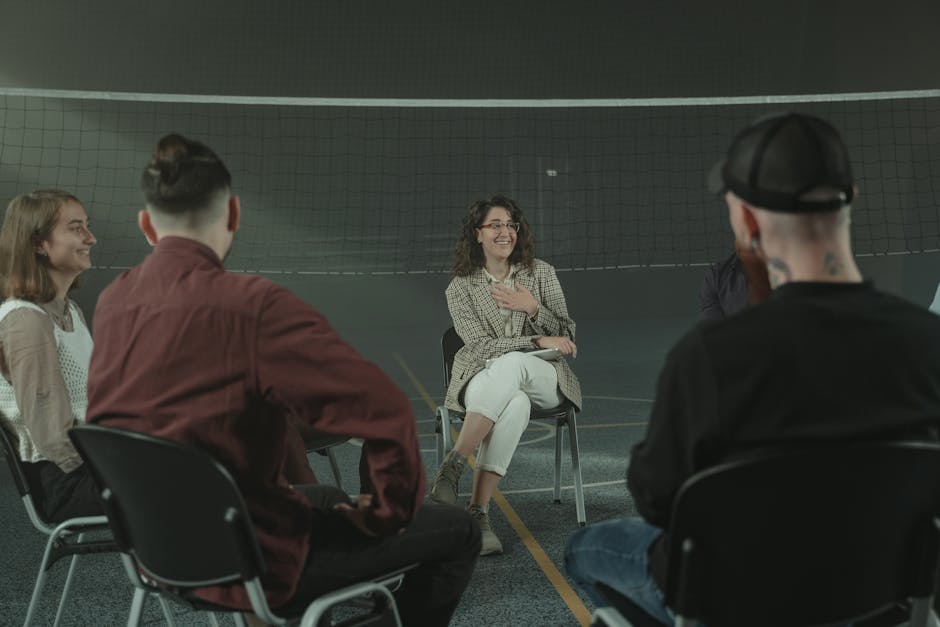By Zoe Collins Rath
Medill Reports

Social workers and therapists like Stephanie Adams and Natalie Graves work to break the #stigma of #depression and #mentalhealth while helping #athletes perform.
“I created a practice that helps address #mentalhealth and performance in #athletes,” said Graves who has a practice based in Chicago and Orland Park.
Over the last decade, #mentalhealth disorders such as #depression and #anxiety are on the rise across all age groups in the United States, especially in the age demographic of 12-17. Many of these youths are #athletes, but #depression strikes professional #athletes as well.
Practitioners such as Adams and Graves think there has been a shift in how people talk about #athletes and #mentalhealth as youth suicide rates are on the rise because more #athletes are talking about their struggles with #mentalhealth.
#JamesDonaldson notes:
Welcome to the “next chapter” of my life… being a voice and an advocate for #mentalhealthawarenessandsuicideprevention, especially pertaining to our younger generation of students and student-athletes.
Getting men to speak up and reach out for help and assistance is one of my passions. Us men need to not suffer in silence or drown our sorrows in alcohol, hang out at bars and strip joints, or get involved with drug use.
Having gone through a recent bout of #depression and #suicidalthoughts myself, I realize now, that I can make a huge difference in the lives of so many by sharing my story, and by sharing various resources I come across as I work in this space. #http://bit.ly/JamesMentalHealthArticle
#Athletes such as Kevin Love of the Cleveland Cavaliers and Brandon Brooks of the Philadelphia Eagles are sharing their perspective of living with #mentalhealth problems. Brooks even left during a game in the 2019 season because of an #anxiety attack.
“It is important that professional players speak about their mental challenges, diagnosis and that it have a positive affect,” said Graves.
While each person confronts #mentalhealthissues differently, one common theme is how the professionals can make everyone feel better. And that helps the #athlete heal too. Talking about how events in their personal lives can affect performance or connecting behavior patterns to figure out how to positively help the #athlete are forms of therapy that Adams uses in her Chicago practice.
Adams works on #mentalhealth in any performance activity but became more interested in the #mentalhealth challenges for #athletes and performers. She works with people struggling with a variety of disorders including #anxiety and #depression.

In sports there are a lot of #anxiety based fears because of the need to perform in the sport. During a game or competition, there is a window where having enough adrenaline is good for an athlete and performance. However, too much will negatively impact performance taking it into the “zone of proximal development,” Adams said.
“It is where your fight or flight response comes in,” she said. “You feel cold and sweaty at the same time and you feel like you want to jump out of your own skin.”
#Depression can also play a role in inhibiting athletic performance, especially after an injury or a series of losses. #Depression can impact sleep cycles, with swings from constant sleep and fatigue to insomnia. It can cause people to lose hope, lose their appetite and even have thoughts of #suicide.
“I am happy to see the shift,” Graves said.
Graves talks to coaches and athletic directors about how working with her or another professional can have a positive impact on their team, making them a better person and a better athlete. When talking to team leadership she says that it is important to change the culture in their departments to make discussions about #mentalhealth more common. Sometimes teams have moved to include a #mentalhealth professional on staff like a nutritionist, trainer or a coach.
“#Mentalhealth is equal to physical health,” Graves said. “I think a good way to help reduce the #stigma and help #student-athletes talk about #mentalhealth is to have a really good support system from the coach and having a person informed in a #mentalhealth field to already be part of the team,” Adams said.



